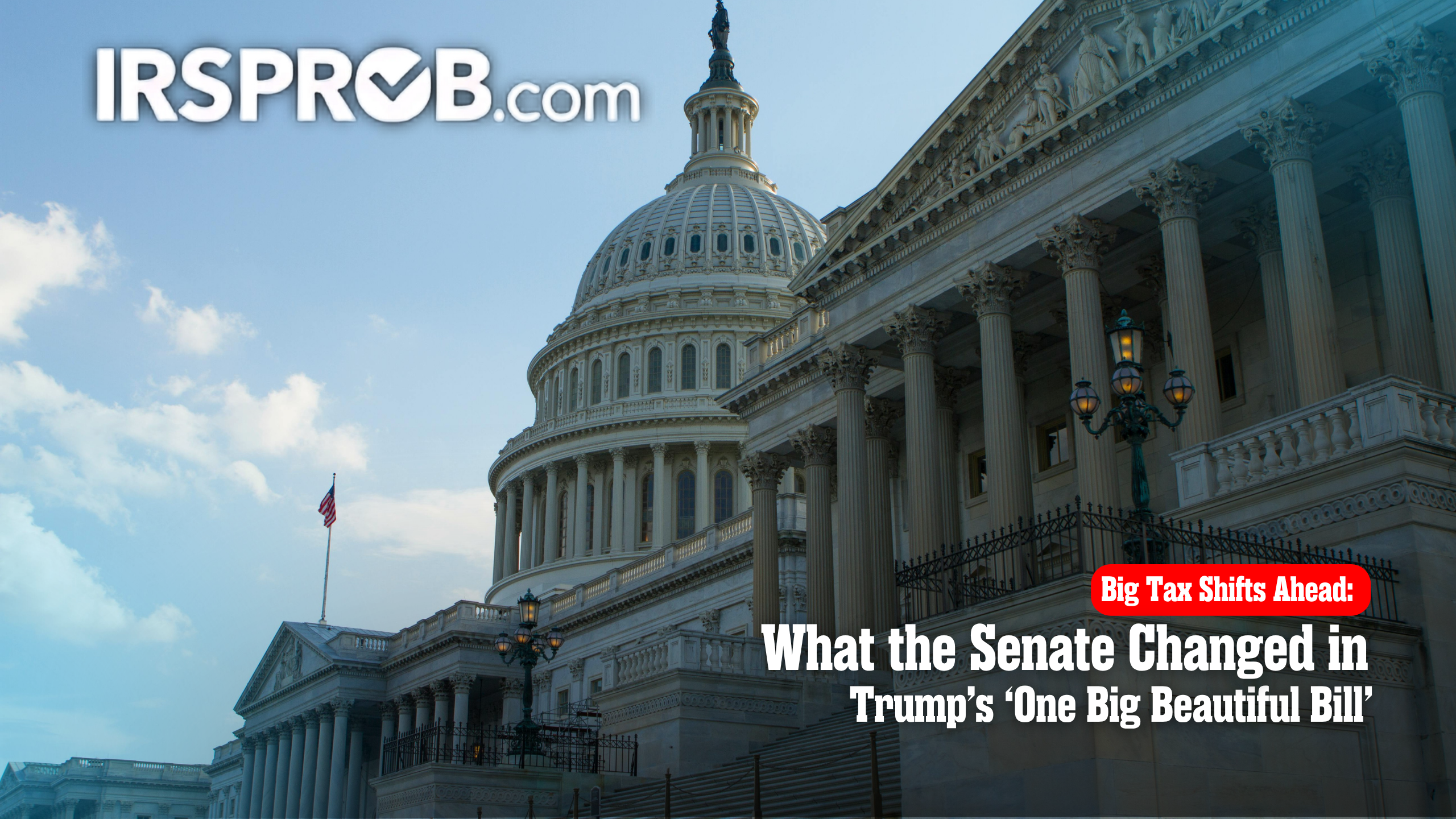
The IRS’s recent recovery of $1.3 billion from wealthy tax dodgers highlights a renewed focus on tax enforcement, thanks to funding provisions in the Inflation Reduction Act (IRA). While this may seem like a victory aimed at reining in high-income earners, it has broader implications for all taxpayers, including business owners who diligently follow the rules. Here’s what you need to know about this development and how it might affect you.
A New Era of IRS Enforcement
The IRS has long struggled with outdated technology and limited resources, which made it challenging to effectively pursue tax delinquents, particularly those in higher income brackets. Dubbed the “Studebaker System” by some CPAs, the agency’s aging Individual Master File mainframe was a significant roadblock. However, the IRA, signed into law by President Biden in 2022, allocated critical funding to modernize the IRS’s systems and bolster enforcement efforts.
With these upgrades, the IRS has turned its focus to individuals earning over $1 million annually who owe $250,000 or more in back taxes. The result? A staggering $1.3 billion recovered from wealthy taxpayers, demonstrating the agency’s renewed capability to hold even the most resourceful tax dodgers accountable.
What This Means for Law-Abiding Taxpayers
For business owners who pay their taxes on time and adhere to the rules, this initiative sends a clear message: the IRS is leveling the playing field. When wealthy individuals evade taxes, the government often shifts the burden to ordinary taxpayers, either through increased scrutiny or higher taxes. By targeting high-income delinquents, the IRS aims to reduce this unfair burden on compliant taxpayers.
This also means the IRS is investing in better customer service and more accurate tax processing. Modernizing systems and adopting current programming languages, such as Java, allows the agency to streamline operations, potentially reducing errors and delays for all taxpayers.
A Word of Caution for Business Owners
While the IRS’s focus on wealthy delinquents may appear distant from the concerns of small and medium-sized business owners, it serves as a reminder to stay vigilant about tax compliance. Key areas to monitor include:
- Third-Party Reporting: The IRS increasingly relies on third-party data, such as W-2s and 1099s, to identify discrepancies. Ensure all income sources are accurately reported to avoid triggering an audit.
- Expense Deductions: Be meticulous in documenting deductions. The IRS is cracking down on misclassifications and inflated claims, which could lead to penalties if deemed fraudulent.
- Payroll Taxes: Failure to remit payroll taxes is one of the most common compliance issues for business owners. Make timely payments and ensure records are accurate.
Challenges Ahead for the IRS
Despite these recent gains, the IRS faces funding challenges. Earlier this year, Congress rescinded $20.2 billion of the IRA’s allocated funding for the agency, reallocating it to other government priorities. While the IRS’s budget remains at $12.3 billion for fiscal 2024, the sustainability of its enforcement initiatives hangs in the balance.
Treasury Secretary Janet Yellen has credited the IRA with enabling the IRS to shift the tax burden away from “ordinary citizens,” but long-term success will depend on continued support for modernization and enforcement efforts.
Key Takeaways for Business Owners
- Stay Proactive: The IRS is focusing its enforcement on high-income earners, but this doesn’t mean small business owners are off the radar. Ensure compliance to avoid costly mistakes.
- Leverage Opportunities: Use this period of IRS modernization to review your own tax processes. Upgraded systems may reduce errors in filings and create opportunities for more seamless interactions with the agency.
- Monitor Legislative Changes: With fluctuating funding and political debates surrounding the IRS, it’s essential to stay informed about potential policy changes that could affect enforcement priorities.
The IRS’s recovery of $1.3 billion is a significant milestone, signaling a shift toward fairer taxation. For business owners, it’s both a cautionary tale and an opportunity to ensure tax practices are above reproach. By staying compliant and informed, you can protect your business from unnecessary risks while benefiting from a more equitable tax system.









